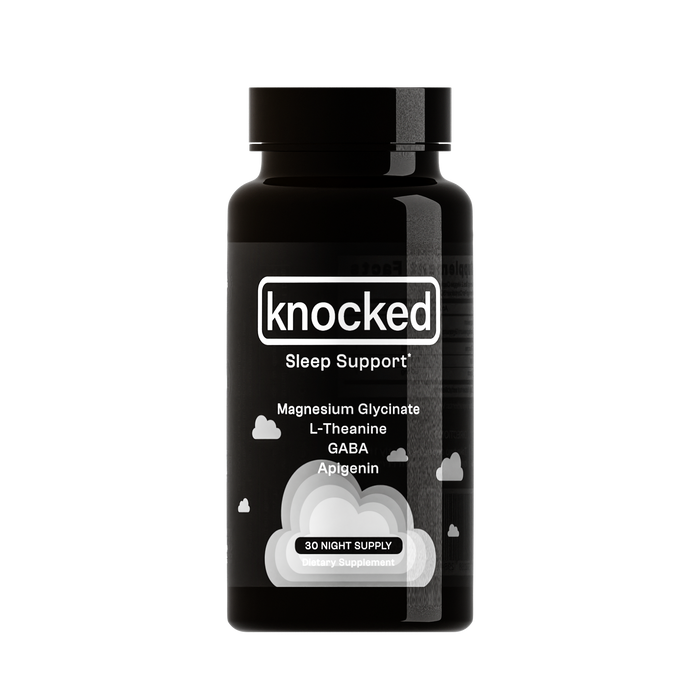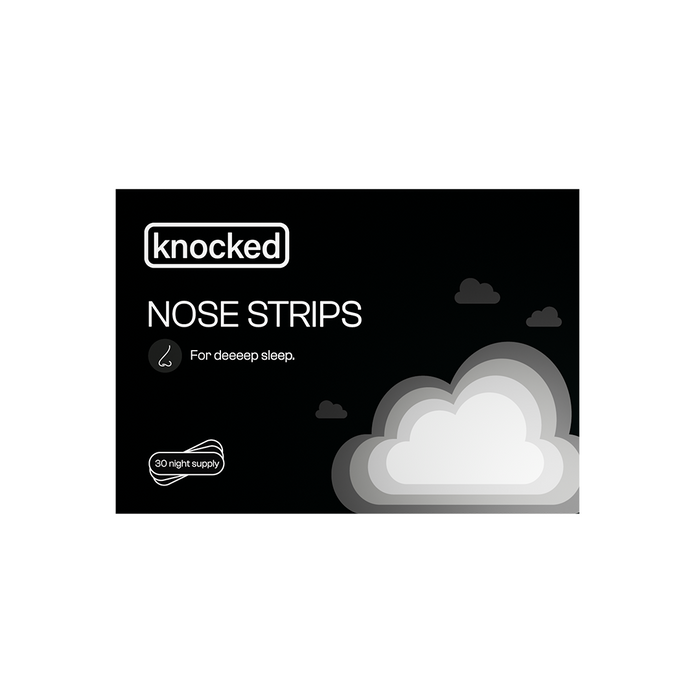

Understanding Insomnia: Causes, Symptoms, and Treatment Options
Insomnia is a widespread sleep disorder that affects millions of people worldwide. In this article, we will explore the causes, symptoms, and treatment options for insomnia.
Causes of Insomnia:
Insomnia can be caused by a variety of factors, including:
- Stress and anxiety
- Depression
- Medication side effects
- Underlying medical conditions, such as sleep apnea, restless leg syndrome, or chronic pain
- Lifestyle factors, such as irregular sleep schedules, excessive caffeine intake, or using electronic devices before bedtime
Symptoms of Insomnia:
The primary symptom of insomnia is difficulty falling asleep or staying asleep. Other common symptoms include:
- Daytime fatigue and drowsiness
- Irritability and mood swings
- Difficulty concentrating
- Reduced productivity at work or school
- Waking up too early in the morning
- Frequent waking during the night
Diagnosis of Insomnia:
To diagnose insomnia, your doctor will ask you about your sleep habits and medical history. They may also recommend a sleep study to monitor your sleep patterns and identify any underlying medical conditions that may be causing your insomnia.
Treatment Options for Insomnia:
Treatment options for insomnia include:
- Cognitive-behavioral therapy (CBT): This type of therapy helps you identify and change negative thoughts and behaviors that may be affecting your sleep. CBT has been shown to be effective in improving sleep quality and reducing symptoms of insomnia.
- Medications: There are several types of medications that can be used to treat insomnia, including prescription sleep aids, over-the-counter sleep aids, and antidepressants. However, these medications can have side effects and may not be suitable for everyone.
- Sleep hygiene practices: Simple changes to your sleep habits, such as going to bed and waking up at the same time every day, avoiding caffeine and alcohol before bedtime, and creating a relaxing bedtime routine, can help improve your sleep.
- Relaxation techniques: Techniques such as deep breathing, meditation, and yoga can help reduce stress and promote relaxation, making it easier to fall asleep and stay asleep.
Insomnia is a common sleep disorder that can have a significant impact on your daily life. If you are experiencing symptoms of insomnia, it is important to talk to your doctor about your treatment options. With the right treatment approach, you can improve your sleep quality and get the rest you need to feel your best.
Sources:
- https://www.mayoclinic.org/diseases-conditions/insomnia/diagnosis-treatment/drc-20355173






